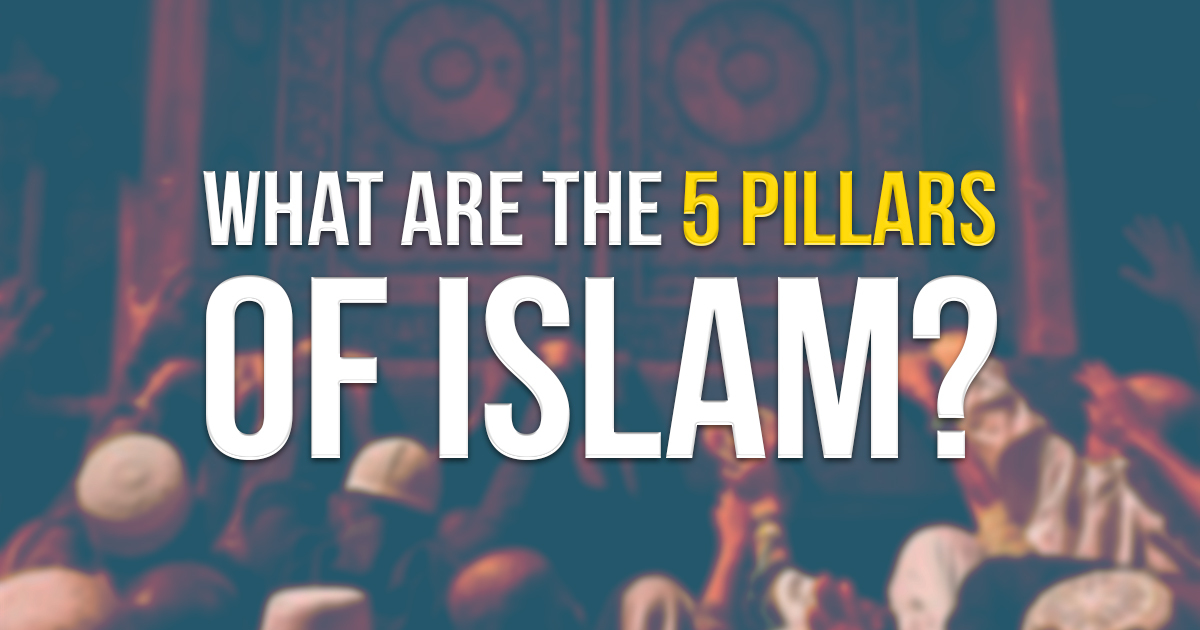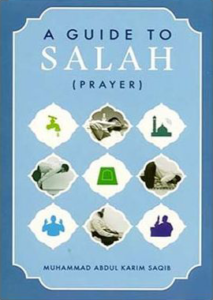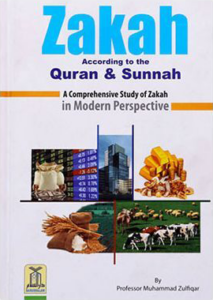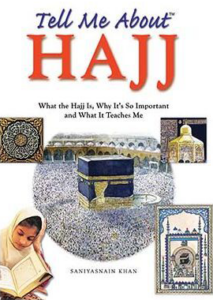In this intricately woven tapestry of faith known as Islam, five threads weave seamlessly together to form the Five Pillars, each holding a place of profound significance. Each Pillar is linked not just to the spiritual, but also to the moral ethos of every Muslim.
This blog post will explore the spiritual and moral significance, the history, and the comparison with other religious practices of the Five Pillars of Islam: Shahada (Declaration of Faith), Salat (Ritual Prayer), Zakat (Charity), Sawm (Fasting), and Hajj (Pilgrimage).
Explore Our Bookshop: Best Islamic Books
The Spiritual Journey: Unveiling the Five Pillars of Islam
Shahada:
The Pillar of Declaration of Faith: The Shahada, or the declaration of faith, is key to Islamic belief. Acting as the entry point to Islam, it bears the soul of the religion in the form of two convictions: “There is no god but God. Muhammad is the messenger of God.” Uttered sincerely, it brings one under the umbrella of Islam.
Salat:
The Pillar of Ritual Prayer: Salat is the expression of devotion, a direct link between man and Allah, performed five times a day. Time in Islam is not a mere ticking of the clock; it is an opportunity for spiritual elevation.
Zakat:
The Pillar of Charity: Zakat, or charity, is a mandatory practice, calculated as a certain percentage of a Muslim’s total savings and wealth, given to the needy annually. A unique aspect of Islam, Zakat counters greed and fosters a society based on empathy and shared responsibility.
Sawm/Fasting:
The Pillar of Fasting: The discipline of body and soul describes Sawm. Fasting during the holy month of Ramadan, Muslims abstain from earthly distractions, cultivating patience, endurance, and an appreciation for the bounties they usually take for granted.
Hajj:
The Pilgrimage to Mecca: The transition from the personal to the collective is epitomized by Hajj. It is a journey to the Kaaba in Mecca, a once-in-a-lifetime obligation for those physically and financially capable. For Muslims around the world, preparing for this spiritual odyssey often involves consulting specialized Hajj and Umrah books. These texts serve as indispensable guides to the rites and rituals associated with the pilgrimage.
The Spiritual and Moral Significance:
The Five Pillars are not standalone rituals; they shape a Muslim’s entire life, fostering a robust moral framework. Shahada sustains faith, Salat deepens spiritual connection, Zakat eradicates societal ills, Sawm builds discipline, and Hajj enhances feelings of unity and equality.
Learn How to Say Your Condolences in Islam
Historical Context of the Five Pillars:
The Five Pillars have deep roots in the time of Prophet Muhammad. Each had a distinct introduction to Islam, shaping this religion, and making it more than a mere belief system.
Comparison with Other Religious Practices:
While unique in their practice, the Five Pillars echo universal themes found in many other religions: faith, prayer, charity, discipline, and pilgrimage. Their universal moral and spiritual values remind us of the interconnectedness of human spiritual traditions.
Conclusion:
Just as a building stands on pillars, so do the life and soul of every Muslim stand on these Five Pillars of Islam. They interweave faith and action, individual and community, spiritual and physical, creating a balanced and rich tapestry of Islamic life.
In the journey through Shahada to Hajj, we find the essence of Islam – a journey not merely of rituals but of faith, perseverance, empathy, discipline, and communion.
FAQs About Pillars of Islam
What Is The Order Of The Five Pillars Of Islam?
The Five Pillars are encompassed under three categories: Faith (Iman), Ritual (Ibadah), and Virtuous Deeds (Muamlat). There’s no specific order but they are usually listed as follows – Shahada, Salat, Zakat, Sawm, and Hajj.
Why Are There 5 Pillars Of Islam?
These Pillars form the foundation of a Muslim’s life, guiding both their spiritual growth and moral obligations.
What Are The Five Pillars Of Islam’s History?
The Five Pillars were established during the lifetime of the Prophet Muhammad, serving as guiding principles for Muslims throughout the years.












